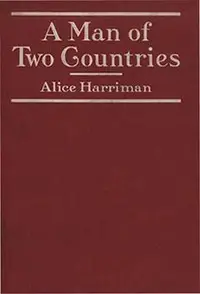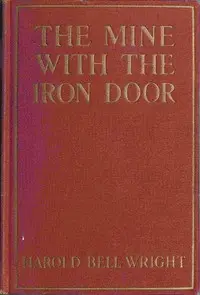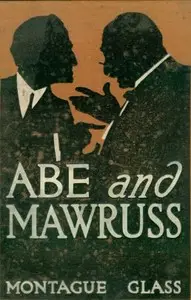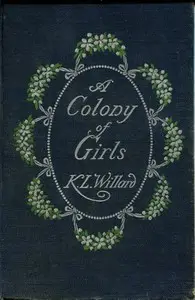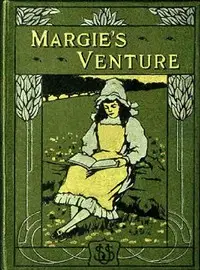"When a Man's a Man" by Harold Bell Wright is a story set in the American West that examines what it truly means to be a man. It presents a refined stranger who feels lost and inadequate, wandering through the rough Arizona landscape in search of his identity. Along the way, he meets a cowboy, representing the spirit and strength of the West. Their interactions highlight the stranger's desire to find purpose and belonging in a world that feels foreign to him. Through challenges and self-discovery, the book explores the divide between a sheltered life and the raw, untamed wilderness, ultimately redefining manhood.

When a man's a man
By Harold Bell Wright
In the wild landscapes of the West, a lost soul and a rugged cowboy collide, revealing a powerful journey of self-discovery and the essence of true manhood.
Summary
About the AuthorHarold Bell Wright was a best-selling American writer of fiction, essays, and nonfiction. Although mostly forgotten or ignored after the middle of the 20th century, he had a very successful career; he is said to have been the first American writer to sell a million copies of a novel and the first to make $1 million from writing fiction. Between 1902 and 1942 Wright wrote 19 books, several stage plays, and many magazine articles. More than 15 movies were made or claimed to be made from Wright's stories, including Gary Cooper's first major movie, The Winning of Barbara Worth (1926) and the John Wayne film The Shepherd of the Hills (1941).
Harold Bell Wright was a best-selling American writer of fiction, essays, and nonfiction. Although mostly forgotten or ignored after the middle of the 20th century, he had a very successful career; he is said to have been the first American writer to sell a million copies of a novel and the first to make $1 million from writing fiction. Between 1902 and 1942 Wright wrote 19 books, several stage plays, and many magazine articles. More than 15 movies were made or claimed to be made from Wright's stories, including Gary Cooper's first major movie, The Winning of Barbara Worth (1926) and the John Wayne film The Shepherd of the Hills (1941).





